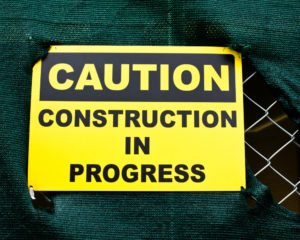Workers compensation statutes provide a necessary assurance that workers injured on the job will receive compensation while they are out of work, regardless of who was at fault for the injuries. We can’t go back to days when injured workers might be on their own to provide for their families if the carelessness of the worker or a co-worker were alleged to have caused the accident. Worker compensation laws are a necessary part of modern American society.
The protection afforded by workers compensation, however, does come with a price. In exchange for the certainty of payment, the amount of payment is determined by statutory formulas. In cases of modest and temporary injury, the statutory amounts are generally adequate. On the other hand, if a workplace injury results in death or disabling injury, the amount paid by workers compensation is terribly inadequate. A family’s financial future can be destroyed in the case of a severe workplace injury if workers compensation is the only source of recovery. That is why in every case of serious workplace injury, consideration must be given to whether a party other than the worker or employer might at least partially responsible for the injury.
For example, if a worker receives a crushing injury while working a machine that starts unexpectedly, maybe defective design of the machine caused the problem. In some cases, an employer might contract with a third party for maintenance or inspection and repair. Potential negligence of those parties must be explored. If there is a recovery, the workers compensation will have a lien equal to the amount of the benefits paid to the worker, minus the comp insurer’s pro rata share of the plaintiff’s attorneys fees. But in cases in which the lien is so large as to make reasonable settlement of a case impossible, the insurer will almost always compromise the lien – a good settlement with a third party, with the worker retaining a fair amount, is in everyone’s interest.

The Legal Examiner and our Affiliate Network strive to be the place you look to for news, context, and more, wherever your life intersects with the law.













Comments for this article are closed.